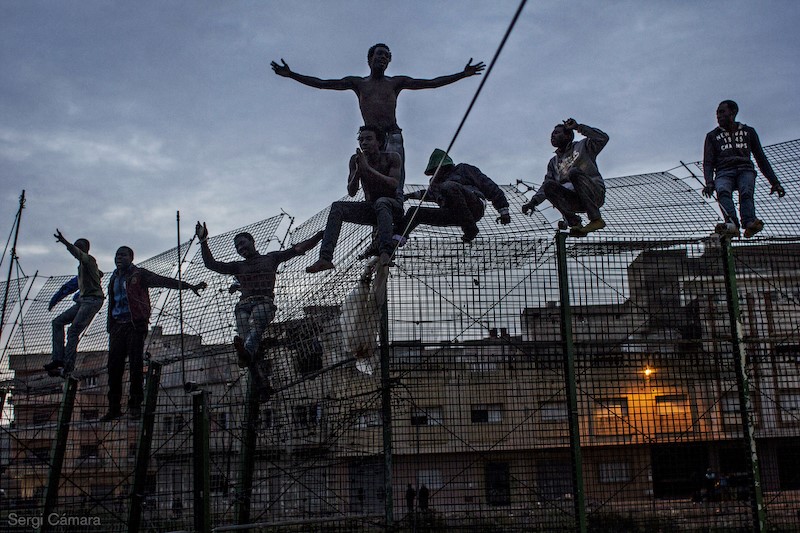In 2020, during the pandemic, theatre was defined as a “non-essential activity.” In France, in Europe, and in many parts of the world, governments agreed on this stance: non-essential. The question is more than legitimate: is the theatrical act still necessary for the construction of an open and democratic society? Or are we, dramatic artists, simply playing the role of musicians entertaining first-class passengers while the ship is sinking?
One way to respond would be to deconstruct the theatrical apparatus from its foundations, confronting it with its limitations and responsibilities. To go back to the roots of this secular rite and place it—without artifice, without machinery — where the future of living together is at stake. To confront it with the brutality of reality, stripping it of the comfort of a theatre space, and to relearn — through the school of sensitive connection that theatre offers us — the value of “the political” in the Greek sense of the word: that which binds us to one another. In this sense, before being the rewriting and staging of an ancient tragedy, Antigone’s gesture is a research process on the possibility of “creating society” — beyond borders, identities and languages —through the simple tools of theatre.
